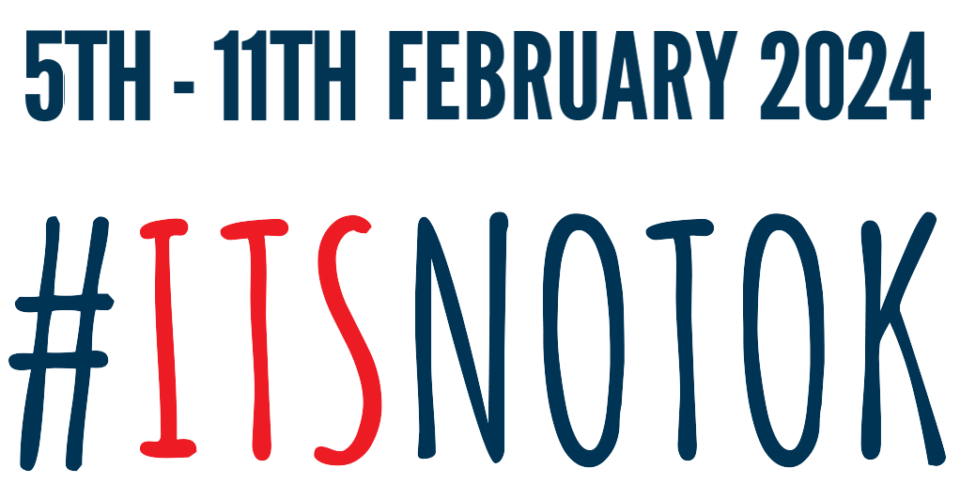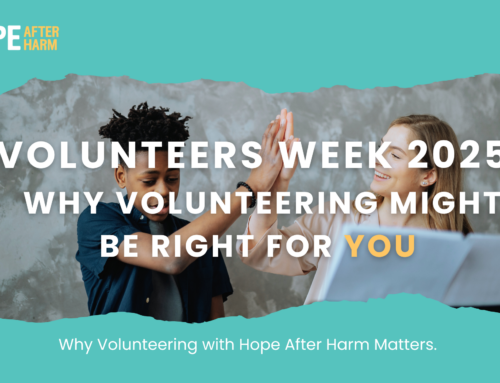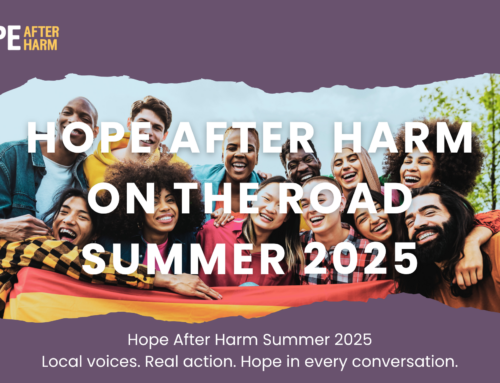Did you know that in the UK, 1 in 4 women will experience domestic abuse and 1 in 5 sexual assaults during their lifetime? Globally this rises to 1 in 3 women, 1 in 6 children and 1 in 18 adult men.
To help raise awareness of sexual abuse and sexual violence, we are supporting #sexualviolenceawarenessweek to encourage healthy conversations as well as shining a light on a topic which is often hidden.
Sexual Abuse & Sexual Violence Awareness Week occurs in the first week of February every year, in 2024 week runs from the 5-12th.
Throughout the week, we are going to be highlighting just how prevalent sexual assault and sexual violence are and the support that is available for those affected by these awful crimes. We’ll also share some testimonials from some of our service users within the Victims First Specialist Support Service.
So, what is Sexual Abuse?
Rape Crisis England & Wales is the feminist charity working to end sexual violence and abuse. Their definitions of sexual violence and sexual abuse are:
‘Sexual violence’ is a term we use to describe any sexual activity that happened without consent. But it isn’t a phrase you hear much in daily life and many people aren’t sure what it means – or if what happened to them ‘counts’. We hope this information helps to make things clearer.
Sexual assault happens when someone either touches another person in a sexual manner without consent or makes another person touch them in a sexual manner without consent.
What are the signs of sexual abuse and sexual violence?
There are many physical and behavioural signs to look out for, these include:
- cuts and bruises
- unprecedented difficulty walking or sitting
- irritation, pain or bleeding in the genital area
Behavioural:
- Individuals may show signs of new substance or alcohol abuse
- Individuals may have an Increased use of explicit sexual language
- Individuals might demonstrate significant changes in their behaviour and attitude towards sex
- Individuals might seem distant and listless
- Individuals may also develop sleeping problems
- Individuals might refuse help with personal care.
- Individuals may also be reluctant to be alone with certain people.
- Individuals may start to self-harm.
Reporting Sexual Abuse or Violence
It is never too late to get support for sexual abuse or sexual violence.
If you are in immediate danger, call 999 and ask for the police.
Contact Rape Crisis’s 24/7 Rape and Sexual Abuse Support Line: 0808 500 2222
If you don’t want to report to the police but would like to talk to someone, Rape Crisis’s team are available – at any time of the day or night.
How can Hope After Harm support those impacted by sexual abuse and sexual violence?
We provide specialist support to victims of crime including sexual violence, and exploitation and our teams are all specially trained and experienced to support people in dealing with the impact of crime.
If you wish to make a referral please forward a completed VFSS Referral Form to the email/postal address as shown on the form which is available here
https://hopeafterharm.org.uk/what-we-offer/victims-first-specialist-support-vfss/
Alternatively, if you would prefer to speak to us first regarding a possible referral, or just to find out more about how we can support, please contact the team on 01844 487987.





